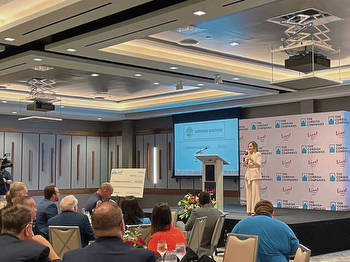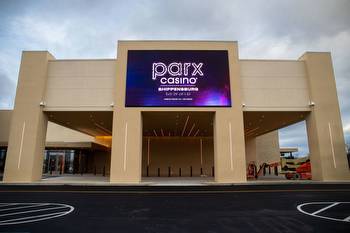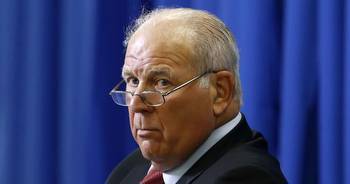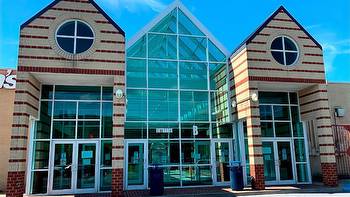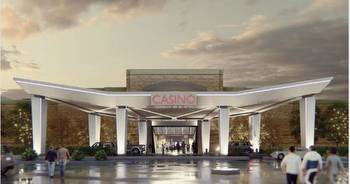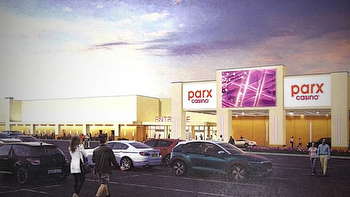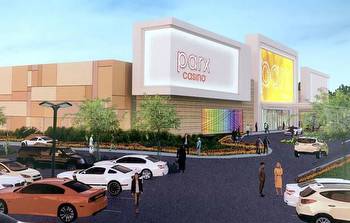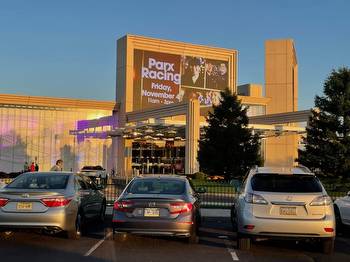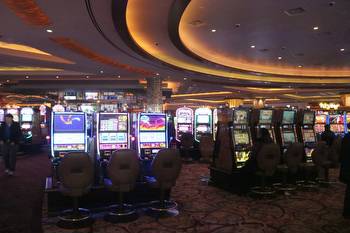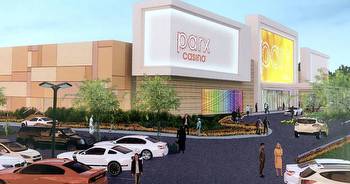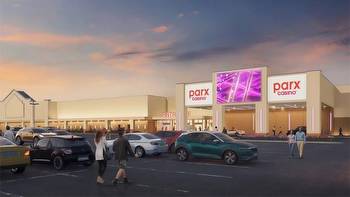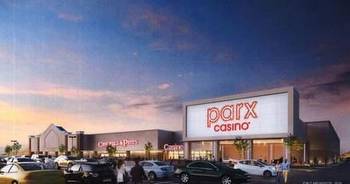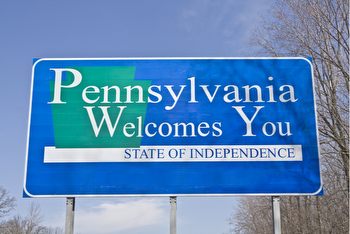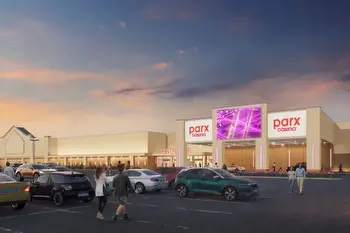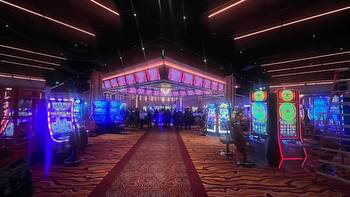Shippensburg residents debate risks of casino against financial windfall at Parx hearing

Thursday’s public hearing on a potential satellite casino in Shippensburg Township was as much about the township’s past and future economic trajectory as it was about the casino itself.
The hearing by the Pennsylvania Gaming Control Board regarding Parx Casino’s application to site a branch facility in the township brought out dozens of residents who were concerned that the project would lead to higher crime, addiction and other societal ills that the area was unequipped to handle.
“Why would you want poor people hurting themselves and their families by spending,” posed Bruce Levy, a pastor and former Shippensburg Area Senior High School principal. “Why come to a poor town and take advantage of its people?”
But local government agencies saw the opposite – the chance for an economically distressed area to use casino income to plug the holes in public services that have been pummeled by years of austerity.
In short, “I think this is a gamble the Shippensburg community should take,” said Linda Asper, one of the Shippensburg Township supervisors.
The casino would occupy a little more than half of the vacant former Lowe’s building at 250 Conestoga Drive, and feature 500 slot machines and 48 table game seats, according to Parx representatives. Included would be a restaurant and sports bar for roughly 250 patrons; the remainder of the building would be rehabilitated for some other future retail use.
The project is the result of Pennsylvania’s 2017 gaming expansion law, under which the Gaming Control Board has auctioned the rights to establish satellite mini-casinos to those operators who already have flagship locations. Parx’s primary casino is in Bensalem Township in Bucks County, just northeast of Philadelphia.
Parx’s parent company secured the rights to a satellite location in 2018, but its first two proposed sites — in Carlisle Borough and South Middleton Township — did not get off the ground after the municipalities declined to revoke the casino opt-out clauses that they had exercised under the 2017 gaming expansion.
Shippensburg Township, however, did not utilize the opt-out clause, and allows casinos in commercial zoning districts under a conditional use ordinance; the township approved the casino’s zoning application last month, finding that it had met the ordinance requirements.
Parx had previously applied to build a casino in the township adjacent to Interstate 81, but that proposal two years ago was abandoned after geological stability issues were discovered at the construction site.
The new proposal, Asper noted, would address an area of the community that is a significant blight risk.
“It’s a conforming use, and they are using a building that is abandoned, sitting there, waiting to be vandalized,” she said.
Many of the local residents who came to speak against Parx’s application referenced struggles in their family with gambling and addiction more widely, saying they feared that easy access to gambling facilities would cause their friends and neighbors to develop habits that would leave them destitute.
Several speakers identified themselves with religious institutions, although they were not necessarily speaking for the congregation as a whole; Jim Rogers, pastor at Shippensburg First Church of God, put his fears in no uncertain terms, saying the casino would be a “cancer” on the community that would destroy Shippensburg’s “Hallmark movie” atmosphere.
Rogers also predicted that the economic growth spurred by the casino would not be widespread – the venue would pull visitors away from downtown Shippensburg, and “it’s actually going to be devastating to our community in that way.”
More than a few speakers, such as Levy, mentioned Shippensburg’s financial struggles. When he was last involved, Levy said, the Shippensburg Area School District had the third-highest poverty measures in the southcentral Pennsylvania region, behind only Harrisburg and Steelton.
But proponents of the casino noted that the development would carry with it significant public funding that could help alleviate the Shippensburg area’s existing economic worries.
Under Pennsylvania’s gaming laws, a certain percentage of casino revenue-sharing is earmarked for local governments. Parx’s casino application indicates that, once fully up and running, the Shippensburg casino would generate about $42.5 million annually in qualifying revenue.
The cut that Shippensburg Township would receive from this actually exceeds the state’s limit, according to Parx – state law doesn’t allow municipalities to receive more than a 50 percent boost to their annual budget through the establishment of a casino.
Even at that, Shippensburg Township would be getting an extra $690,000 in gaming revenue to enhance its municipal budget, according to Parx’s estimates, which currently stands at just under $1.4 million.
Mickey Nye, president of the Shippensburg Area Development Corporation, cited what other communities have done with the windfall in funding – disbursements to local food banks, shelters and other social services alongside scholarships, parks, road improvements and aid to first responders.
The last of which is particularly important for rural Pennsylvania, where fire departments are still largely volunteer and funded through community donations, an increasingly nonviable model.
“Our biggest concern right now is lack of funding,” said Daniel Byers, president emeritus of the Vigilant Hose Company, speaking in support of the casino.









